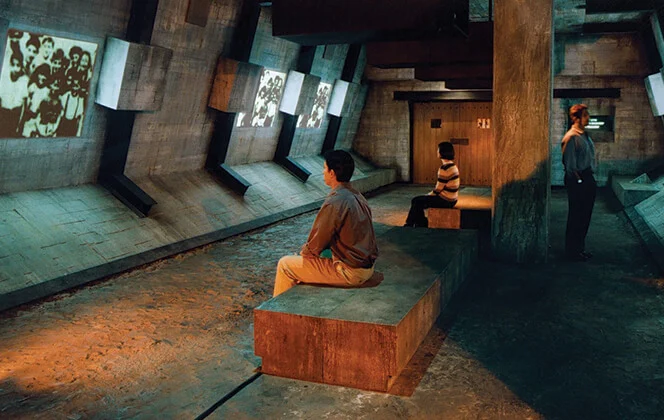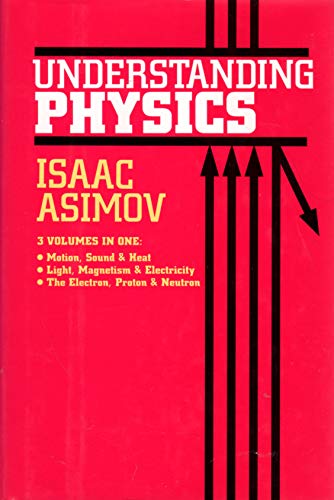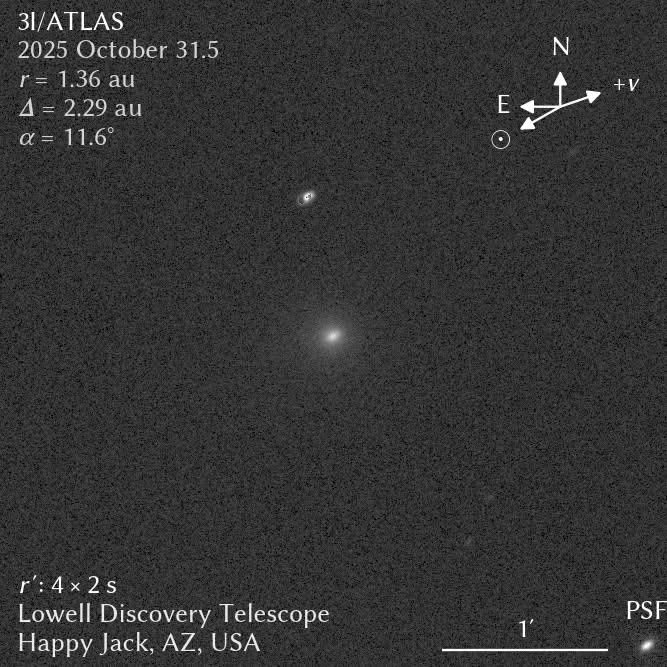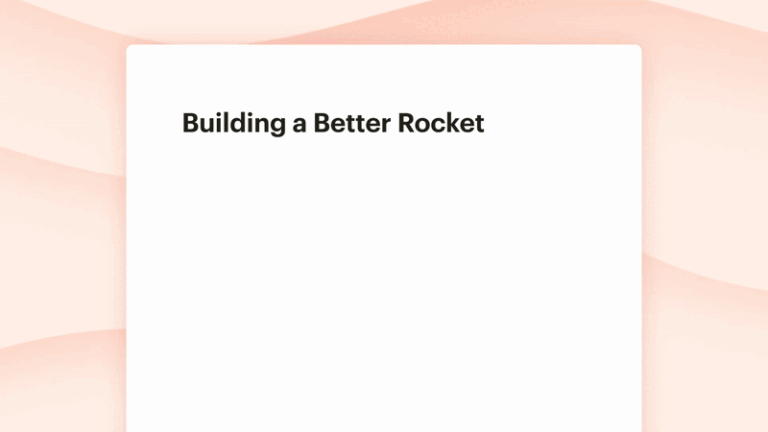When civilization fails (and it will)
Dear Magicians,
It was 10am on last Sunday in Los Angeles. My impossible mission: inspiring 12-14 year old kids about science. Tough gig! But I was excited for the challenge and fully expecting to get the full “Hollywood Experience” when it was over. Instead, what I got was a gut punch. I was at Museum of Tolerance in LA to give a talk to a wonderful group called AKLA, a community education initiative that spotlights Jewish heritage and modern innovation through themed programs in cinema, startups, security, medicine, and remembrance. It was an honor—equal parts cosmology and community, where the universe’s grand narrative found a local audience with remarkable curiosity.
I took my kids who know their role — pass out meteorites and act as astronomical ambassadors. After the talk, I sat for an interview and then was planning to hit up The Shanghai Garden restaurant [if you know, you know] after taking a lightning tour led by a brilliant young docent named Sonia.
Problem was, after the tour, I all but lost my appetite. Now, if you know me, such an occurrence isn’t normal. The museum doesn’t pull punches. It starts with 1930s Germany—a society at the absolute peak of human achievement. Science. Art. Philosophy. Music. This was the most sophisticated culture on Earth.
And then it shows you how that same culture became a factory for mass murder.
The Paradox
Here’s what’s disturbing.
The Jews in Germany weren’t outsiders. They were Germans. Deeply assimilated. They contributed massively to the intellectual, scientific and cultural life of the nation. They believed in the Enlightenment. In reason. In progress.
They thought civilization would protect them.
It didn’t.
The museum lets you eavesdrop on conversations from that time. Ordinary people. Scientists. Bureaucrats. Soldiers. Neighbors. Each one making small compromises. Small rationalizations. Whispering. Scared, but hoping for the best. Optimistic…mostly.
The Machinery of Evil
The Holocaust wasn’t carried out by psychopaths alone.
Sure, there were sadists. But by far, most of the perpetrators were normal folks. Parents. Retirees. Engineers. Doctors. People like you. People like me. People who went home to their families at night.
Hannah Arendt called this the banality of evil.
And she was right.
The gas chambers were designed with precision. Bureaucratic efficiency. The kind of problem-solving you’d apply to any industrial process.
Except the product was death.
What This Means for Science
I study physics. I believe in the power of science to transform our world.
But here’s the uncomfortable truth: scientific progress doesn’t guarantee moral progress. It actually is irrelevant to it.
Germany had the best physicists in the world. The most advanced chemistry. Cutting-edge engineering and industry.
And it used all of that sophistication to industrialize genocide.
Fritz Haber invented a process that feeds billions of people today via the industrial production of fertilizer. He also pioneered chemical weapons and insisted on witnessing their lethality in the trenches of WWI.
He was a Jew, but above all, a proud assimilated German whose factories would later produce Zyklon-B gas to exterminate members of his own family.
Our Moment
We live in an age of staggering technological power.
Artificial intelligence. Gene editing. Synthetic biology. Surveillance systems that would make the Stasi weep with envy.
We can do almost anything now.
The question is: should we?
And who decides?
Social media algorithms optimize for engagement. Sounds neutral. But engagement often means enragement. Division. Radicalization.
We built tools that can tear societies apart.
And we did it by accident.
Or maybe we just didn’t care enough to stop it. Maybe there is time left to do so.
Maybe not.
No Safety in Sophistication
The museum ends with the gas chambers. No redemption arc. No inspiring message about human resilience. Just the brutal fact: this happened. In the most advanced society on Earth. That’s the lesson.
Being smart doesn’t make you good. Being cultured doesn’t make you moral. Being “civilized” doesn’t protect you from barbarism.
The Nazis had PhDs and Nobels.
What We Owe the Dead
I left that museum thinking about responsibility. We can’t just build powerful technologies and hope for the best. We can’t hide behind claims of neutrality. Every tool has consequences. Every innovation reshapes the world. The scientists who built the atomic bomb understood this. Some of them, anyway. Oppenheimer spent the rest of his life wrestling with what he’d created.
We need more of that wrestling. More discomfort. More honest conversation about what we’re building and why.
The Bottom Line
The Museum of Tolerance exists because we need to remember.
Not just the Holocaust. But what it reveals about human nature. About the fragility of civilization. About how quickly things can fall apart when we stop paying attention. No society is safe by default. Progress isn’t inevitable. The arc of history doesn’t bend toward justice and peace on its own, despite what people like Steven Pinker might assert. We have to contort it ourselves.
That’s the work. That’s what we owe the dead.
And each other.
Until next time, have a M.A.G.I.C. Week,
Brian
Appearance
In this new episode of Real Talk, I discuss everything from the Big Bang theory, UFOs, and moon-landing denial to the existence of God and why good science means “trust—but verify.”
Genius
Isaac Asimov’s 768-page Understanding Physics is a grand tour of motion, sound, heat, light, magnetism, and electricity—taught in their natural historical habitat. It left me with a deeper grasp of physics than four years of mechanical engineering and, scandalously, it was delightful to read.
I’m sorry the only editions available are nearly $200 — so skip that and watch my episode of The Scientists featuring Isaac Asimov here.
Image
3I/ATLAS survived its close approach to the sun! Does that make the case against it being a comet stronger? Find out here in my latest episode with Avi Loeb.
Conversation
In this paparazzi-worthy episode I take down Kim Kardashian, Bart Sibrel, and Candace Owens and dive headfirst into one of history’s most infamous debates: Was the moon landing a hoax? Featuring the ever-controversial Kim Kardashian and NASA engineer Kelly Smith, as we tackle conspiracy theories, break down the science, and call out misinformation.
Sponsored
When Chris Hadfield told me astronauts live and die by checklists, I smiled—because so do I.
Just, in my case, the stakes are a little lower:
Quantum mechanics lecture? Check.
Podcast prep? Check.
Orthodontist rubber bands? Check.
For years, I’ve used Todoist to keep my personal chaos and my team’s projects aligned. Unlike bloated project management tools that feel like a second job, Todoist is lightweight, powerful, and actually fun to use. It keeps everyone on track without endless status meetings or confusing dashboards.
If you run a small or medium team, Todoist Business is the mission control you need. And as a subscriber of Into the Impossible, you get 30 days free.
Try it here: https://get.todoist.io/ukirup
Checklists keep astronauts alive. Todoist keeps the rest of us productive.




